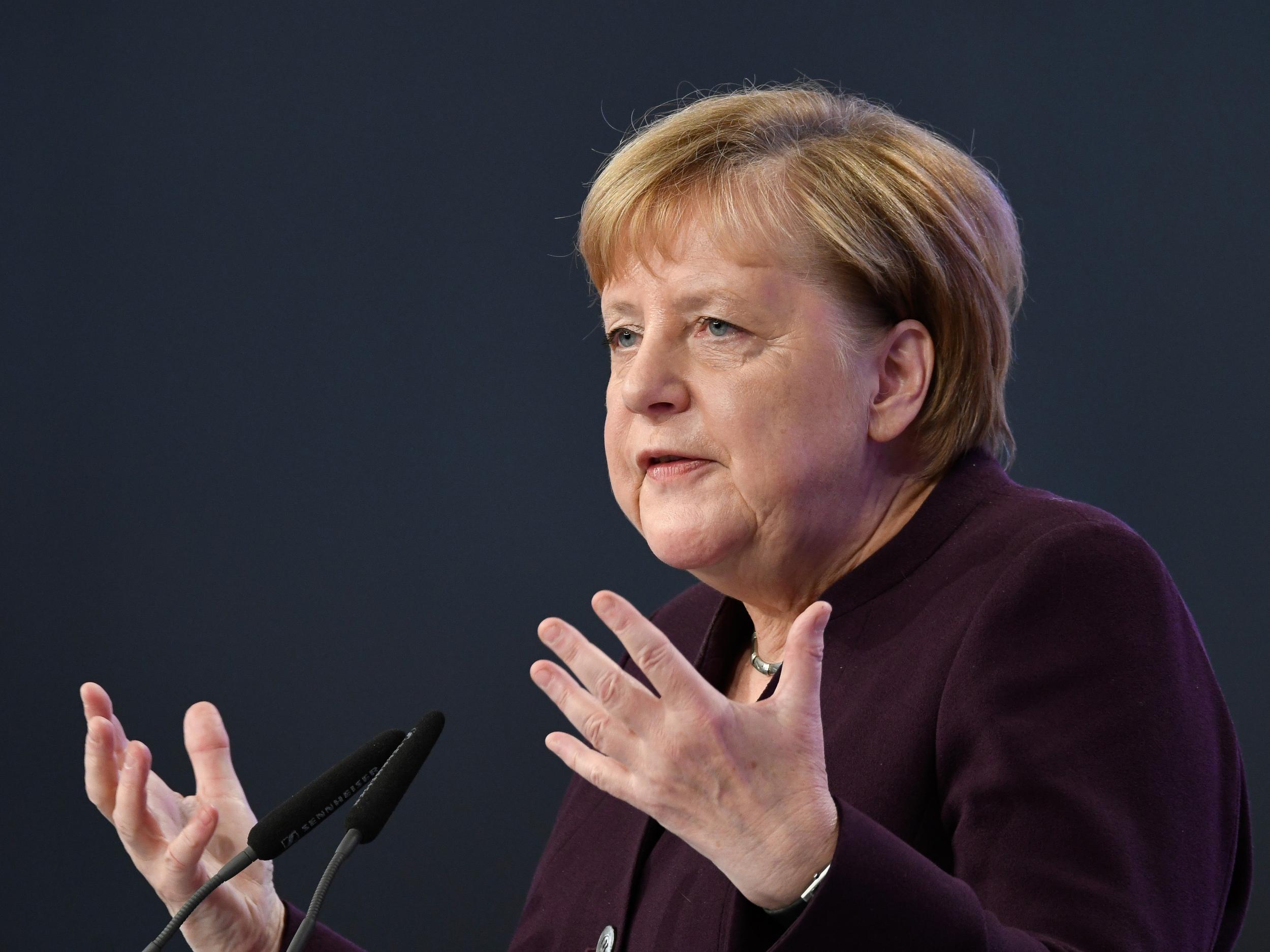While the British are focusing on their own election, over the channel there’s another power struggle going on that could shape the future of Europe. The biggest political party in the continent’s biggest economy is engaged in a tug-of-war for its soul.
It was supposed to be simple: when Angela Merkel stepped down as leader of the CDU in 2018, she was replaced by Annegret Kramp-Karrenbauer – her protege and ally.
Kramp-Karrenbauer (or AKK as she is understandably called in the German press) is from the same wing of the party as Merkel – a moderate. Political continuity was ensured.
It’s often remarked by Britons surveying the German political landscape that there is something of a political consensus, at least compared with back home. This is large part down to Merkel’s wing of the CDU, a centre-right Christian Democratic party.
The CDU never particularly adopted Thatcherism as a creed in the same way as the British Tories and, as a result, many of the institutions of the post-war social market economy are still in effect.
For example, in Germany you’ll find workers sitting happily on company boards, an idea you’ll find in Labour’s “radical” 2019 manifesto but something Merkel’s government has always been perfectly happy with.
So the CDU is not the Tories. But it is still a centre-right party and not immune to intellectual currents that affect them elsewhere in the world. A difficult year for the party has been an opening for its right-wing.
The CDU took a big hit from Merkel’s open response to the migration crisis, and is losing voters on both flanks – to the far-right AfD and the increasingly centrist Greens. State elections and opinion polls have not been kind to the party – though it is still the biggest in the country and looks almost certain to be part of the next government.
As a result, the German political scene is rife with speculation about whether a man called Friedrich Merz – a longtime figure on the right of the party – might challenge AKK. He came out of political retirement in 2018, having quit as an MP nearly a decade earlier when Merkel’s domination of the CDU looked complete. This speculation led to what happened on Friday, with Kramp-Karrenbauer effectively doing a “back me or sack me” routine at her party conference in Leipzig and offering to resign.
Her bluff-calling seems to have prolonged her political life, a least for now: in his own speech, AKK’s rival Merz did not criticise her leadership and actually praised her. But there is still a feeling that the issue is not quite settled. The battle at the top of the CDU will almost certainly decide what course Germany takes over the next decade, and to a large extent what happens to the rest of Europe.


Join our commenting forum
Join thought-provoking conversations, follow other Independent readers and see their replies
Comments